By Tara Campbell
Goblins, I ask you — is this the best life has to offer us? Must we live relegated to our bit piece in a larger story that undervalues us? We’re so much more than a plot point in someone else’s journey. I ask you: what is it you want?
This isn’t just a rhetorical question. You’ve all come to this seminar for a reason. After all, you’re goblins, you don’t just come to things because your buddy wants company, or your spouse urges you to show more professional initiative, or your elders keep asking what you’re doing with your life. Goblins make their own decisions. You decided to come here tonight. The question before you now is: what does success mean to you?
You there. Yes, you in the orange loincloth, what does success mean to you?
Okay, so for some of us, success means evaporating when being asked a direct question. Good for him, he’s already self-actualised. But sorry, the rest of you, that trick will only work once tonight.
You, with the antelope thighbone sticking through your neck (nice look, by the way. Powerful). What does success mean for you? More coin? More influence? The most hideous spawn? The biggest, dankest, most echoey cave in the forest?
I submit to you, to all of you, that the answer lies not in competition with your fellow goblins, but within yourselves.
What does success mean to you?
For me — and that’s what you’re all really here to hear, right? You see me and think, “There goes a successful goblin.” And naturally, you want to know how to get some of that bounty for yourselves. Nothing wrong with that.
But in order to know how to get what I’ve got, you’ve got to know what I wanted, right? Even when I didn’t know it myself. And I didn’t. I floundered around for years chasing goals that seemed clear at the time: waylaying travellers, terrorising villages, exacting tributes to leave communities in peace. I amassed quite an array of hovels and fortunes and spawn, but after a couple of centuries I began to wonder if this was all there was to life. Sure, I’d hoard enough riches in the first part of the story to recover after the ending, when the “hero” eventually stopped me. I made sure to stay away from quests that required the ultimate sacrifice of its goblins. I’m no nihilist. I'm a realist. There’s no honor to be gained in tilting at these particular windmills. You can’t change certain narratives just because it’s YOU replaying them. The ones who go out in a flame of ignominy always think they’ll change things. That’s what success means to them. Change.
But for me, success means survival. It means changing stories from the edges, and thereby changing the odds. I no longer felt I had to conquer the main player in the big epochs. I began quietly creating new critical mass on the perimeters. I was the goblin who didn’t plunge right in, terrorising the countryside. I instead helpfully pointed the hero toward the next kingdom—THEN terrorised the countryside once he was gone. I wasn’t brash, and not even overly violent, but I was smart. And because of that, people began to believe that I WAS brash and overly violent. The threat of what I might do loomed large.
And so I loomed, in the corners of their minds, and literally the corners of their homes. They thought they could fortify against me in the cities, with their schools and degrees and jobs and picket fences and security systems, but they’ve always been susceptible to me. They bring me with them exactly because I don’t act. Because I’m non-specific, because I no longer have a “profile.” They arm themselves against me the only way they know how—by arming themselves against everyone and everything. Against each other. Against their own interests.
At my peak, I can convince people to lash out against the phantom of a threat to come. Slander, mental abuse, physical harm, doesn’t matter which form their proactive abuse takes as far as I’m concerned. I win, no matter what. If they don’t get caught, I’ve just opened a window, emboldening others to do the same. If, however, they are held to account, destroying their own futures, they’ll simply blame those they lashed out against for what happened to them. The goblin-infested mind never blames itself.
So, goblins, if you came here dreaming of a life in the spotlight, I’m sorry to say you’ll be disappointed. But if you came here wanting to be effective, you’re in the right place. Our rightful place is not in the limelight, not top billing, not in the public eye. We do our best work on the sidelines, in the shadows, waiting for our silent windows of opportunity to cast doubt, assign blame. We don’t measure success by recognition. Our victories come without anyone knowing we’ve been there at all.
Today it’s all about outsourcing: utilising humans to do our work. The days of hard, direct labor are over. The only finger we need to lift is the one that plants the seed. Let their darkest impulses do the rest.
Welcome, friends, to the new age of goblin success.
![]()
About the Author
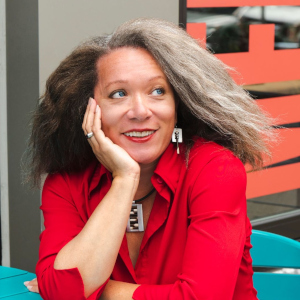 Tara Campbell is an award-winning writer, teacher, Kimbilio Fellow, fiction co-editor at Barrelhouse, and graduate of American University's MFA in Creative Writing.
Tara Campbell is an award-winning writer, teacher, Kimbilio Fellow, fiction co-editor at Barrelhouse, and graduate of American University's MFA in Creative Writing.
Publication credits include Masters Review, Wigleaf, Electric Literature, CRAFT Literary, Uncharted Magazine, Daily Science Fiction, Strange Horizons, and Escape Pod/Artemis Rising.
She's the author of the eco sci-fi novel TreeVolution, two hybrid collections of poetry and prose, and two short story collections from feminist sci-fi publisher Aqueduct Press.
Her sixth book, City of Dancing Gargoyles (SFWP), was a finalist for the 2025 Philip K. Dick Award, in Reactor Magazine’s “Best Books of 2024,” and on Locus and SFWA's recommended reading lists.
She teaches creative writing at venues such as Johns Hopkins University, Clarion West, The Writer's Center, and Hugo House. Find her at <www.taracampbell.com>.



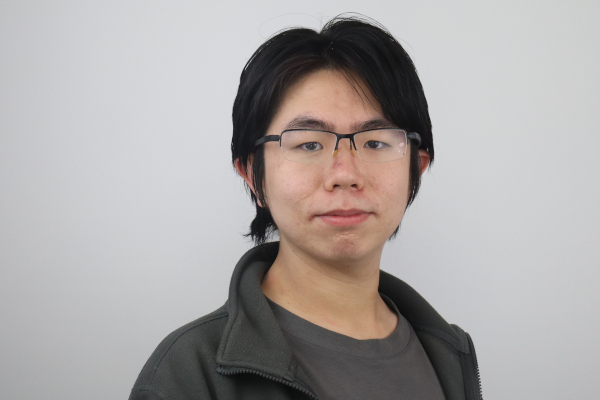

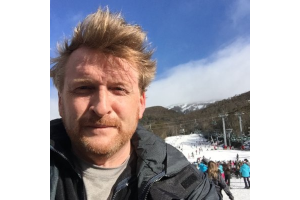
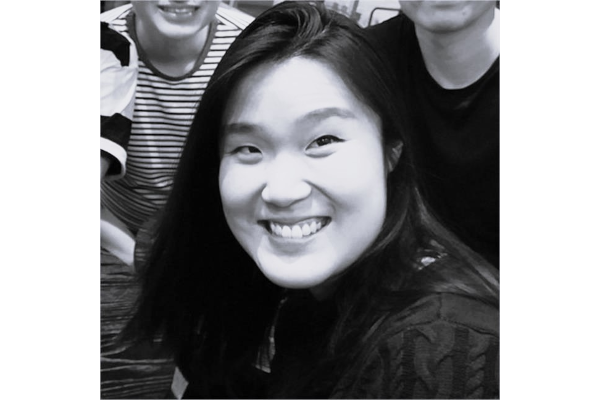



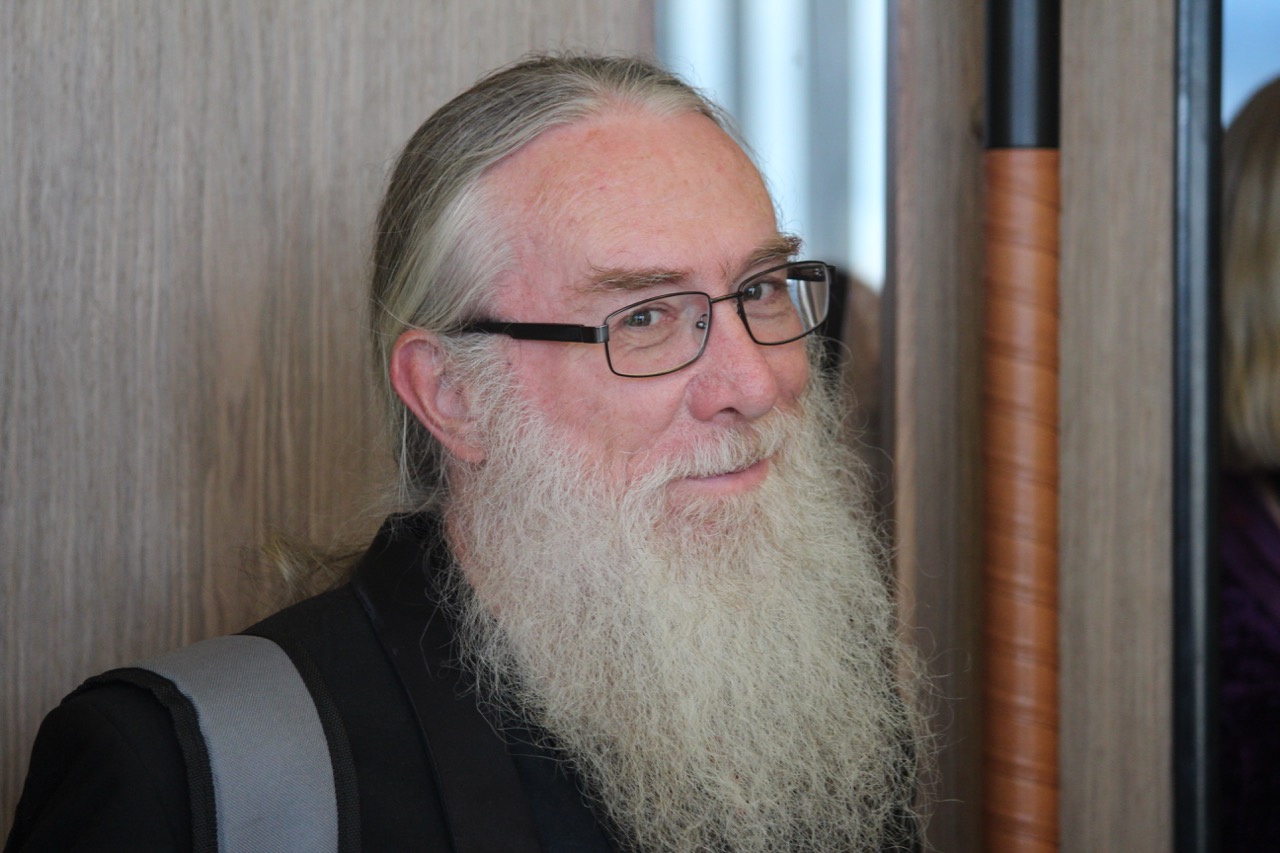
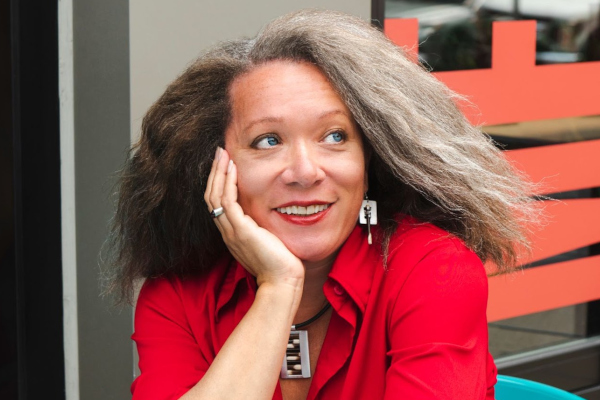




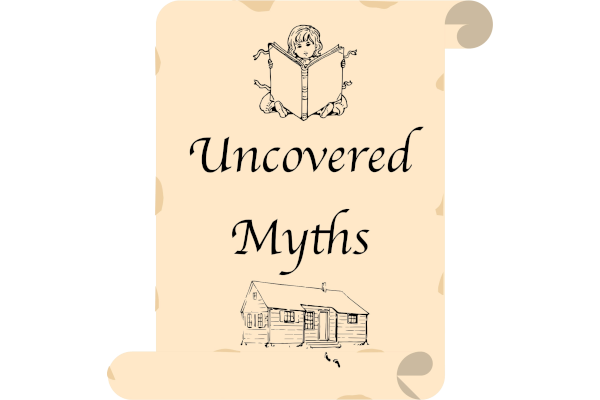
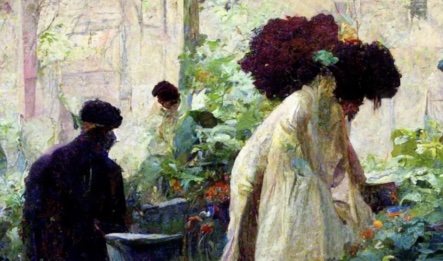
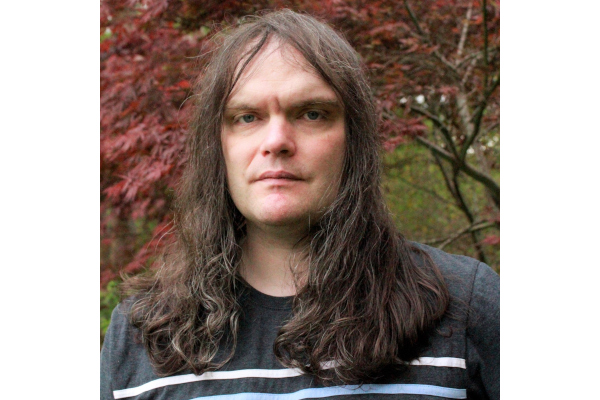
 Geraldine Borella writes fiction for children, young adults and adults. Her work has been published by Deadset Press, IFWG Publishing, Wombat Books/Rhiza Edge, AHWA/Midnight Echo, Antipodean SF, Shacklebound Books, Black Ink Fiction, Paramour Ink Fiction, House of Loki and Raven & Drake
Geraldine Borella writes fiction for children, young adults and adults. Her work has been published by Deadset Press, IFWG Publishing, Wombat Books/Rhiza Edge, AHWA/Midnight Echo, Antipodean SF, Shacklebound Books, Black Ink Fiction, Paramour Ink Fiction, House of Loki and Raven & Drake Mark is an astrophysicist and space scientist who worked on the Cassini/Huygens mission to Saturn. Following this he worked in computer consultancy, engineering, and high energy research (with a stint at the JET Fusion Torus).
Mark is an astrophysicist and space scientist who worked on the Cassini/Huygens mission to Saturn. Following this he worked in computer consultancy, engineering, and high energy research (with a stint at the JET Fusion Torus). Sarah Jane Justice is an Adelaide-based fiction writer, poet, musician and spoken word artist.
Sarah Jane Justice is an Adelaide-based fiction writer, poet, musician and spoken word artist.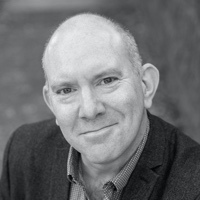 Alistair Lloyd is a Melbourne based writer and narrator who has been consuming good quality science fiction and fantasy most of his life.
Alistair Lloyd is a Melbourne based writer and narrator who has been consuming good quality science fiction and fantasy most of his life.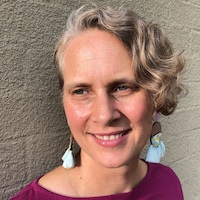 Merri Andrew writes poetry and short fiction, some of which has appeared in Cordite, Be:longing, Baby Teeth and Islet, among other places.
Merri Andrew writes poetry and short fiction, some of which has appeared in Cordite, Be:longing, Baby Teeth and Islet, among other places.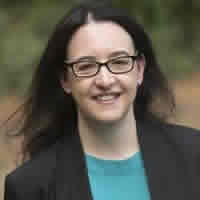
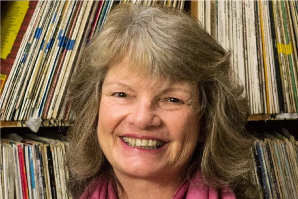 My time at Nambucca Valley Community Radio began back in 2016 after moving into the area from Sydney.
My time at Nambucca Valley Community Radio began back in 2016 after moving into the area from Sydney. Ed lives with his wife plus a magical assortment of native animals in tropical North Queensland.
Ed lives with his wife plus a magical assortment of native animals in tropical North Queensland.
 Emma Louise Gill (she/her) is a British-Australian spec fic writer and consumer of vast amounts of coffee. Brought up on a diet of English lit, she rebelled and now spends her time writing explosive space opera and other fantastical things in
Emma Louise Gill (she/her) is a British-Australian spec fic writer and consumer of vast amounts of coffee. Brought up on a diet of English lit, she rebelled and now spends her time writing explosive space opera and other fantastical things in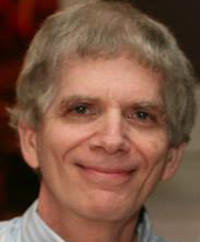 Barry Yedvobnick is a recently retired Biology Professor. He performed molecular biology and genetic research, and taught, at Emory University in Atlanta for 34 years. He is new to fiction writing, and enjoys taking real science a step or two beyond its known boundaries in his
Barry Yedvobnick is a recently retired Biology Professor. He performed molecular biology and genetic research, and taught, at Emory University in Atlanta for 34 years. He is new to fiction writing, and enjoys taking real science a step or two beyond its known boundaries in his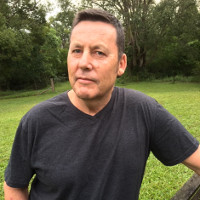 Tim Borella is an Australian author, mainly of short speculative fiction published in anthologies, online and in podcasts.
Tim Borella is an Australian author, mainly of short speculative fiction published in anthologies, online and in podcasts.
 Tara Campbell is an award-winning writer, teacher, Kimbilio Fellow, fiction co-editor at Barrelhouse, and graduate of American University's MFA in Creative Writing.
Tara Campbell is an award-winning writer, teacher, Kimbilio Fellow, fiction co-editor at Barrelhouse, and graduate of American University's MFA in Creative Writing.